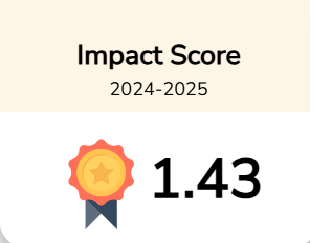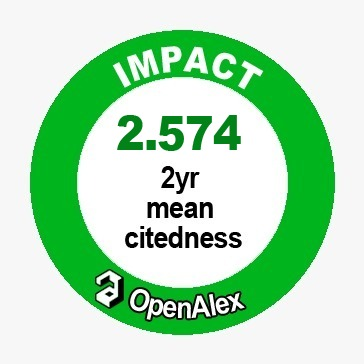The food security drive and the preference for local rice consumption among households in south-west Nigeria
Downloads
Purpose: It is imperative to enhance local production, accessibility and appeal of basic foods like rice to accomplish United Nations Sustainable Development Goal No. 2 aiming for the attainment of zero hunger worldwide. Therefore, the study explored households’ preferences for locally produced rice (Ofada) in south-west Nigeria.
Design/Methodology/Approach: Cross-sectional data were elicited from randomly selected 600 rice-consuming households in South-west Nigeria. The study applied the willingness-to-pay choice technique and a logistic regression model to analyze the dataset.
Findings: The findings revealed that the most desirable attributes influencing households’ consumption preferences for local rice were nutritional quality and taste. At the time of data collection, consumers were also willing to pay ₦4.26 ($0.012) and ₦2.80 ($0.008) respectively for every unit improvement in those attributes.
Conclusion: The study concluded that attainment of zero hunger in Nigeria is desirable and achievable by boosting local production of high-quality rice to attract sufficient demand.
Practical Implications: This study underscored the effort needed to improve local rice production in Nigeria which should be targeted at improving the desired attributes to make indigenous (Ofada) rice attractive to consumers. This can be driven by stepping up investment in the rice value chain with adequate attention given to the processing stage where quality control and standards remain a top-most priority.
Contribution to the Literature: This study presents a unique perspective by isolating and highlighting the desirable attributes of rice consuming households because these attributes played a critical role in the preference for local rice consumption.





